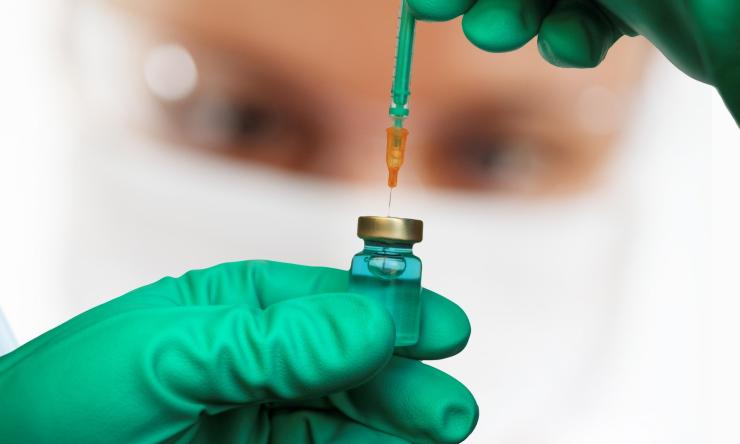Study shows safety of vaccinating children against COVID-19 after previous MIS-C diagnosis
Though many children infected with COVID-19 experience mild symptoms or are asymptomatic, a small subset develop a dangerous complication called MIS-C, or multisystem inflammatory syndrome in children, after being infected by the virus. In a study of children who received a COVID-19 vaccine after recovering from MIS-C, researchers at Baylor College of Medicine and Texas Children’s Hospital found that the vaccine was well-tolerated in this group of patients and there were no serious adverse side effects from the vaccine. Their report appears today in JAMA Network Open.
“Because so little is known about the causes of MIS-C in children previously infected with COVID, many healthcare providers and parents feared that children with a history of MIS-C may re-develop MIS-C or a similar inflammatory problem from the vaccination, but our multidisciplinary approach to studying this concern led us to recommend that those patients with a history of MIS-C still get vaccinated to protect themselves from reinfection,” said Dr. Tiphanie Vogel, assistant professor of pediatrics and medicine at Baylor, director of translational rheumatology research at Texas Children’s and senior author of the paper.
MIS-C is an inflammatory syndrome that develops in some children four to six weeks after being infected with COVID-19. Oftentimes, the children experience no symptoms from COVID but then start showing symptoms of MIS-C, which include fever, abdominal upset, rash and red eyes. Further tests done in a pediatrician’s office or emergency center show symptoms of inflammation in the blood and shock or injury to the heart. While it can be fatal, it also is treatable if recognized early, through steroids or immune-globulin infusion.
Vogel and colleagues tracked the progress of children who recovered from MIS-C and received the Pfizer vaccine at least 90 days after a diagnosis of MIS-C. The cohort of patients included 15 children between the ages of 12 and 18 years, and researchers observed them for 9.5 months after receiving the vaccine.
They found that all individuals tolerated the vaccines with no serious adverse side effects. The children only experienced mild side effects similar to those that individuals in the general population experienced after vaccination.
The researchers are continuing to track the progress of children in this age group as well as those under the age of 12 who received the COVID-19 vaccine after recovering from MIS-C and hope to report additional data as it becomes available.
Vogel also is deputy director for research education in the William T. Shearer Center for Human Immunobiology at Texas Children's. Others who took part in the study include Matthew Wisniewski, Dr. Angela Chun, Dr. Eyal Muscal, Dr. S. Kristen Sexson and Dr. Flor Munoz with Baylor and Texas Children’s and Dr. Steveano Volpi with the Università degli Studi di Genova in Genova, Italy.
Researchers involved in this study receive funding from Pfizer and Gilead.










